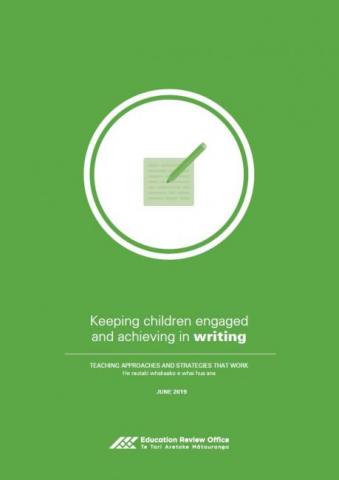Te Ara Poutama Indicators of quality for early childhood education: what matters most
Published: 31 Mar 2021
Te Ara Poutama is the core of Ngā Ara Whai Hui: Quality Framework for Evaluation and Improvement in Early Childhood Services. This is the framework for ERO’s approaches to reviewing early childhood services. The indicators, for outcomes and processes, are a central resource for use by ERO and the services themselves in evaluating quality in early childhood education and identifying where improvement is needed.
- Audience:
- Early learning
- Education
- Parents
- Content type:
- Basic page
- Topics:
- Te Ara Poutama
- Ngā Ara Whai Hua
- Indicators







